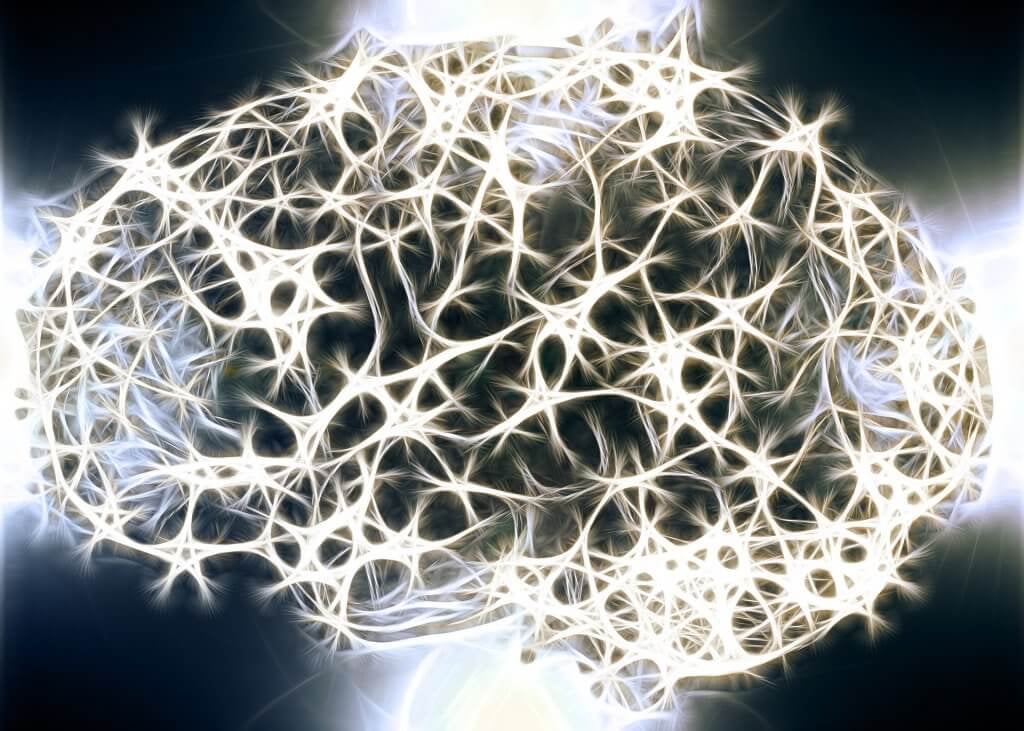There’s one image that we’re all familiar with. It’s that of a brilliant student with an impeccable resume who, despite their intellectual gifts and an outstanding capacity for academic success, is consumed by a sea of nerves every time an exam approaches. In fact, it seems that intelligence and anxiety often go hand in hand.
This hypothetical relationship between a high intellectual level and anxiety has been studied and examined on many occasions and from various disciplines.
As a matter of fact, a study from Lakehead University in Canada has established strong support for the link between high brilliant, creative, and analytical minds and social anxiety, anticipation, and excessive nervousness and worry.
These correlations between psychological maladjustments and outstanding personal aptitudes have a long history in the scienctific field. A few years ago, a certain relationship between creativity and the predisposition to bipolar tendencies gained relative popularity among the disciplines that study the human brain and mind.
However, we must be cautious when considering any possible causal relationship. Because it’s certainly not true that everyone with high creative potential or a high IQ suffers from some kind of maladjustment or psychological problem.
Nevertheless, what we can confirm is that there’s a certain frequency of the stereotypic individual whose behaviors and internal states often seem to be out of sync with the capacities of the privileged mind.
This subject is extremely interesting. In fact, due to its clinical, social, personal, and academic implications, it merits a detailed study and the clarification of the typology of the link between one trait and another.
The science behind the relationship between intelligence and anxiety
There’s a popular saying that ignorance is bliss. This would tend to suggest that wisdom is unhappiness. Obviously, this isn’t necessarily the case. However, it’s certainly true that anxiety can inflict unhappiness.
“A wise man will make more opportunities than he finds.”
-Francis Bacon-
As we mentioned earlier, people with a high IQ are more likely to present episodes of anxiety and even chronic and generalized anxiety. This has prompted research to be undertaken. It aims to discover why intelligent people so often experience frustration and unhappiness. Furthermore, they become unable to make inappropriate decisions for their own well-being.
Of course, there are some outstanding students who are perfectly calm and well-balanced. Nevertheless, there are others who, despite their intellectual gifts:
- Tend to anticipate events negatively.
- Are quickly frustrated by unexpected changes.
- Show traits of stress with an abnormally high frequency and intensity.
- Present a considerable decrease in their academic performance.
Thus, the above behaviors can hinder their academic and professional success and, in all likelihood, their personal success too.
White matter: Implications for intelligence and anxiety
The cerebral white matter is responsible for the transmission of bioelectrical information between neurons. On the other hand, not much of the cerebral processing of information is attributed to the gray matter.
It could be said that the white matter is responsible for the efficiency and agility of cognitive processes, hence, for intelligence itself.
With the aim of deepening the study of this relationship between intelligence and anxiety, the scientists responsible for the aforementioned study used neuroimaging techniques. More specifically, they used magnetic resonance imaging (MRI).
The findings were as surprising as they were logical and anticipated. They revealed that people with high intelligence and markedly anxious traits generally had higher white matter density.
“While the foolish decide, the intelligent deliberate.”
-Plutarch-
This increased density, in statistical terms, could account for the intellectual power of these people. At the same time, it could explain their tendencies towards chronic and generalized anxiety. That’s because white matter has been related to emotional control.

Evolutionary explanation
In the evolutionary course of our species, part of the scientific community believes that the development of intelligence and the disposition to experience anxiety went hand in hand.
The reason for this was probably in order to improve the survival of our species. Indeed, it would’ve been useful for the optimal analysis and processing of information in order to anticipate any danger in the environment.
Thus, by developing a greater density of white matter, the intelligence necessary for survival would’ve been promoted. Furthermore, the nervous system has faster and more efficient communication and information transmission pathways. Therefore, anxious states appear more frequently.
These conclusions also lead us to a possible theoretical explanation of the emotional and behavioral blockage that translates to a disproportionate amount of anxiety. This theory suggests that, at the moment when anxiety reaches excessively high levels, the nerve communication pathways become saturated. At the same time, the intelligence potential decreases sharply, causing the individual to feel paralyzed.
We can confidently state that having a highly intelligent mind is, in most cases, an element of desirability for many people. However, there are two sides to every story. Indeed, as we have seen, a high degree of intelligence can bring with it traits of anxiety as well as difficulties in emotional control.
Intelligence is certainly important, but is it everything?
The post Intelligence and Anxiety: A Love-Hate Relationship appeared first on Exploring your mind.



















Comments